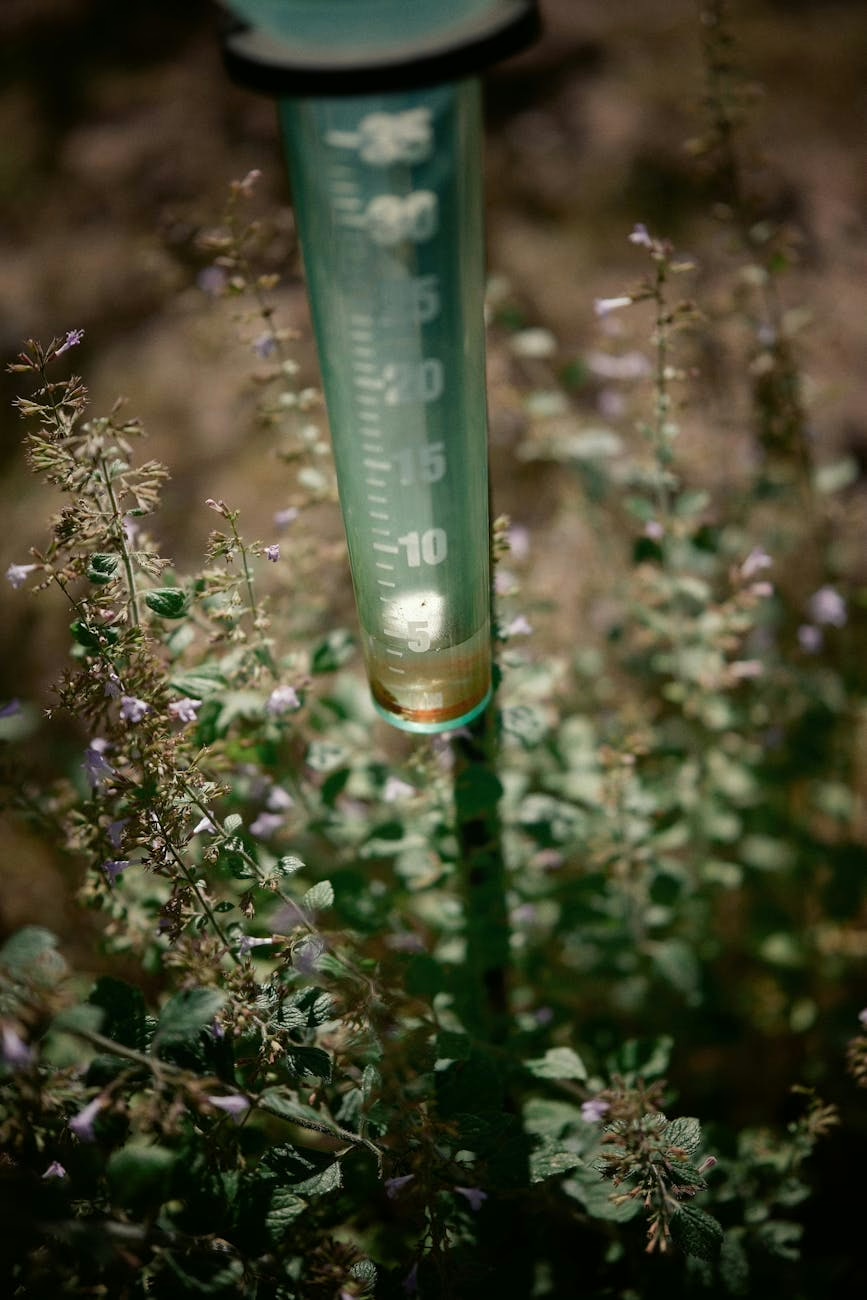New Research Highlights Biodiversity and Adaptation Challenges
The world of plant science is constantly uncovering new insights into the fundamental building blocks of our ecosystems. The latest issue of the International Journal of Plant Sciences, Volume 186, Issue 4, published in July/August 2025, offers a compelling look at diverse research areas, from the intricacies of plant genetics to the pressing realities of ecological change. As a conservative journalist, I believe it’s vital to examine such scientific endeavors through the lens of their real-world implications, focusing on objective findings and their potential impact on our understanding and stewardship of the natural world. This issue underscores the importance of robust, peer-reviewed research in informing our collective knowledge of flora.
Unpacking the Diversity of Plant Life
This edition of the International Journal of Plant Sciences delves into the remarkable diversity that characterizes plant life across various environments. While the specific articles are not detailed in the provided table of contents summary, the journal’s reputation suggests a focus on original research that expands our knowledge of plant species, their evolutionary histories, and their ecological roles. For readers concerned with conservation and biodiversity, understanding this inherent variety is the first step in appreciating what is at stake. Scientific inquiry into plant diversity helps us identify unique species, map their distributions, and understand the complex relationships they maintain within their habitats. This foundational knowledge is crucial for developing effective strategies to protect these natural resources for future generations.
Adapting to a Changing Landscape: Scientific Perspectives
A significant theme likely to be explored within this issue, given current scientific discourse, is plant adaptation. The journal’s commitment to cutting-edge research means it will undoubtedly feature studies examining how plants respond to environmental pressures, including climate variability, shifting soil conditions, and the introduction of invasive species. Understanding these adaptive mechanisms is not merely an academic exercise; it has direct bearing on agriculture, forestry, and the resilience of natural ecosystems. For instance, research into drought tolerance in crop varieties or the mechanisms by which native plants outcompete invasive species can offer practical solutions to challenges faced by farmers and land managers. These investigations, rooted in empirical observation and rigorous experimentation, provide valuable data for policymakers and stakeholders grappling with the complexities of environmental stewardship.
Tradeoffs in Plant Resilience and Human Intervention
While science often highlights remarkable adaptations, it also reveals inherent tradeoffs. For example, a plant might develop a defense mechanism against herbivores that requires significant energy, potentially impacting its growth rate or reproductive success. Similarly, human interventions aimed at enhancing plant growth, such as the use of specific fertilizers or genetically modified traits, may have unforeseen consequences on broader ecosystems or soil health. The research published in journals like the International Journal of Plant Sciences often explores these complex interactions, providing a balanced view of both the benefits and potential drawbacks of various biological and human-influenced processes. It is crucial to approach such findings with a discerning eye, recognizing that scientific progress is an ongoing process, and solutions rarely come without consideration of their broader impacts.
What to Watch For: Future Directions in Plant Science
The continued publication of research in the International Journal of Plant Sciences signals ongoing advancements in our understanding of plant biology. Readers can anticipate further exploration into areas such as the microbiome’s influence on plant health, the genetic basis of resilience, and the application of advanced imaging and analytical techniques to study plant processes. For those interested in the long-term sustainability of our planet, keeping an eye on this journal and similar publications is essential. The discoveries made within these pages can inform everything from agricultural innovation to conservation policy, offering pathways to more robust and resilient natural and agricultural systems.
Prudent Application of Scientific Findings
As we absorb the findings from scientific journals, it is imperative to consider the practical application of this knowledge. The discoveries highlighted in the International Journal of Plant Sciences are tools, and like any tool, their effectiveness and impact depend on how they are used. For individuals managing land, whether a small garden or a large farm, understanding plant needs and adaptations can lead to more sustainable practices. For policymakers, scientific data is a crucial guide in developing regulations and investments that support both ecological health and human well-being. A cautious, evidence-based approach to implementing new findings, coupled with an appreciation for the complexities of natural systems, will yield the most beneficial results.
Key Takeaways from Current Plant Science Research
* The International Journal of Plant Sciences continues to be a vital source for cutting-edge research in plant biology.
* Understanding plant diversity is fundamental to appreciating and protecting our natural heritage.
* Plant adaptation mechanisms are crucial for ecosystem resilience in the face of environmental change.
* Scientific inquiry often reveals complex tradeoffs associated with both natural processes and human interventions.
* Continued research promises deeper insights into plant-microbe interactions, genetics, and analytical methodologies.
Engage with Scientific Discovery
The ongoing exploration of plant science offers valuable insights for all of us. I encourage readers to seek out peer-reviewed journals and scientific reports to stay informed about the latest findings. Engaging with the scientific process, understanding the evidence, and considering the implications of new discoveries are vital steps in responsible stewardship of our environment.
References
* The University of Chicago Press: International Journal of Plant Sciences: Table of Contents. This link leads to the official journal page where tables of contents for past and upcoming issues can be found, including the July/August 2025 edition.


